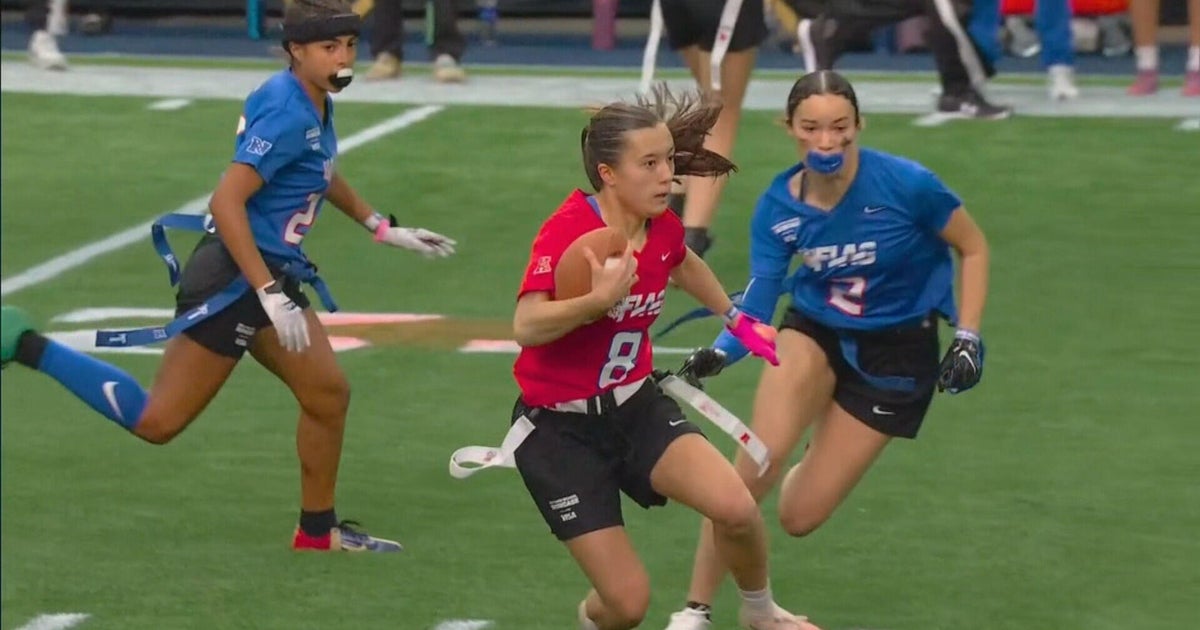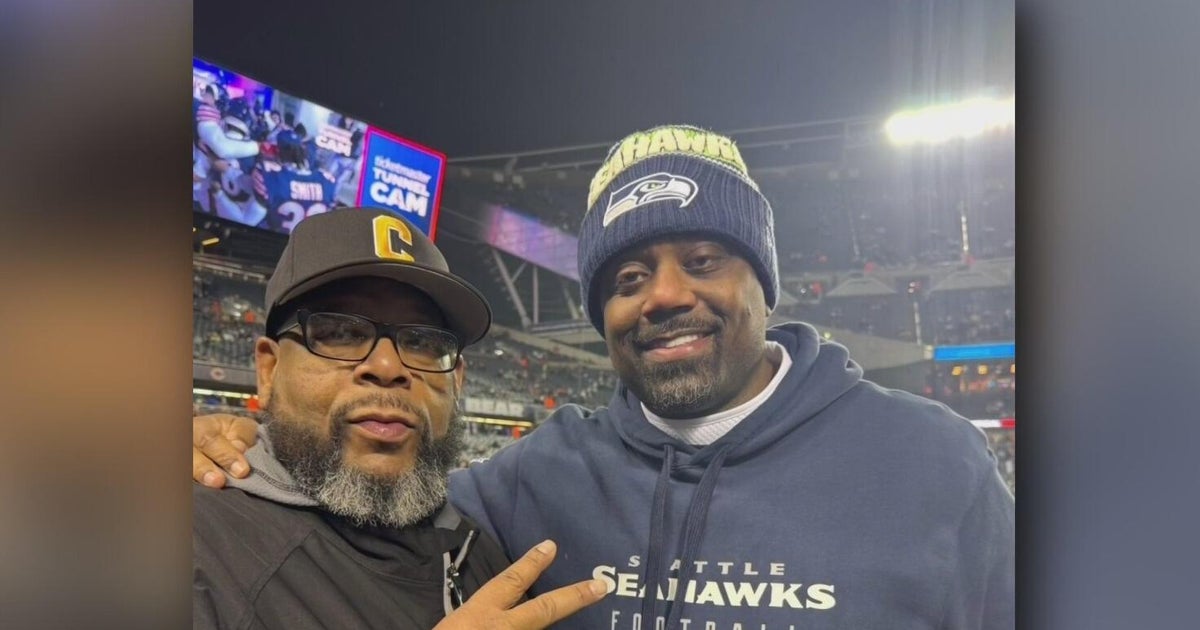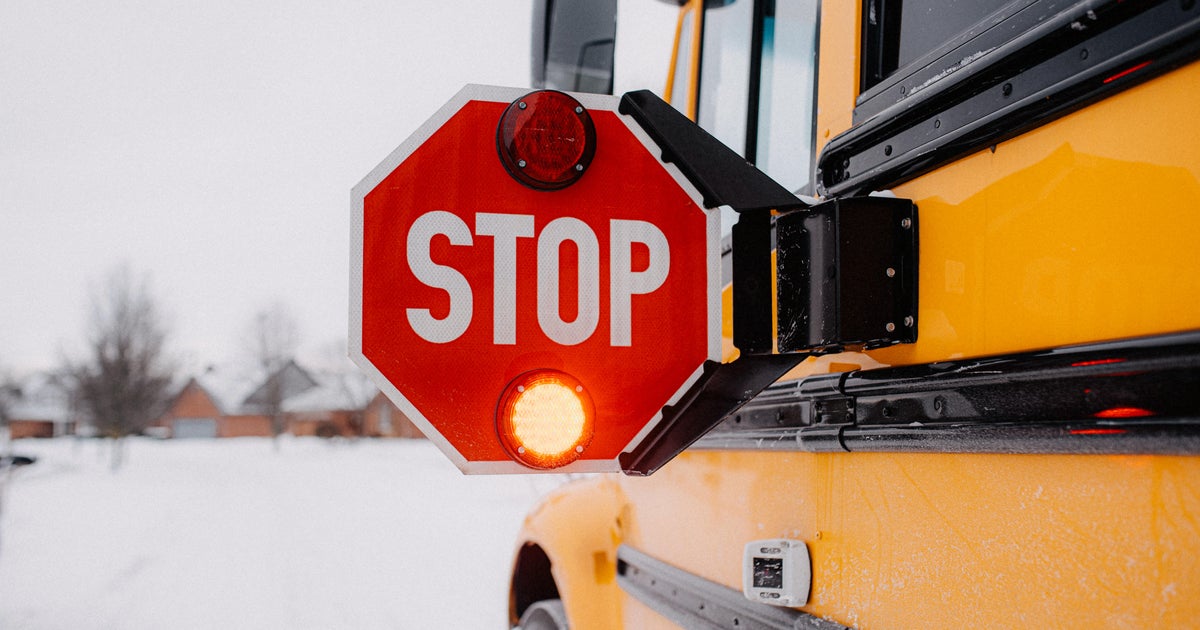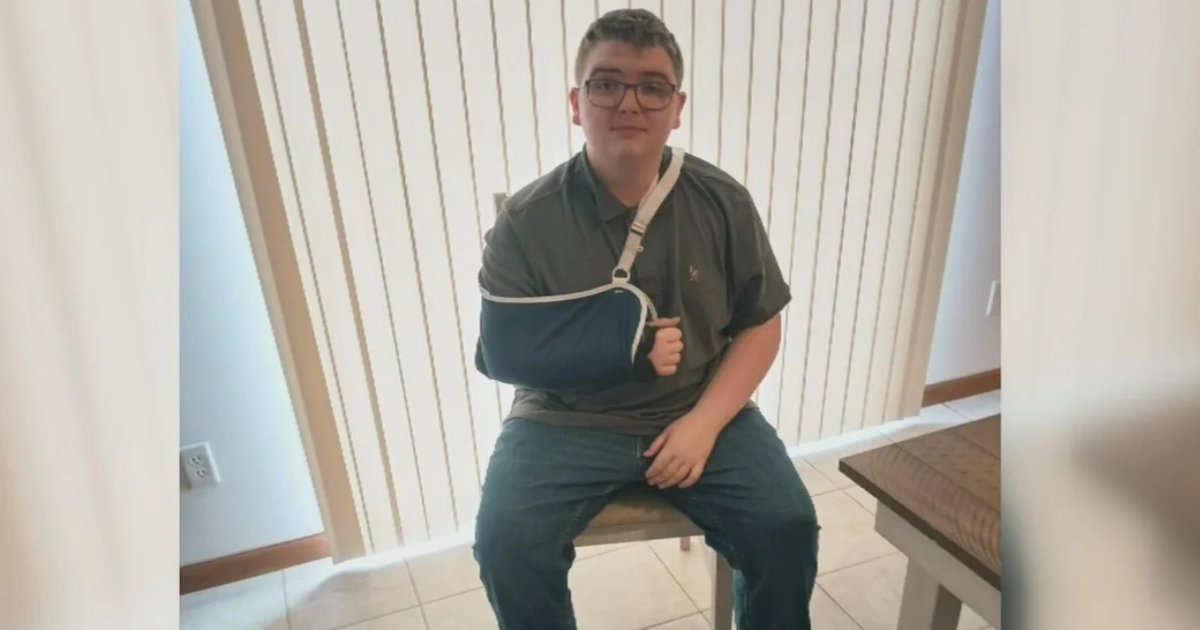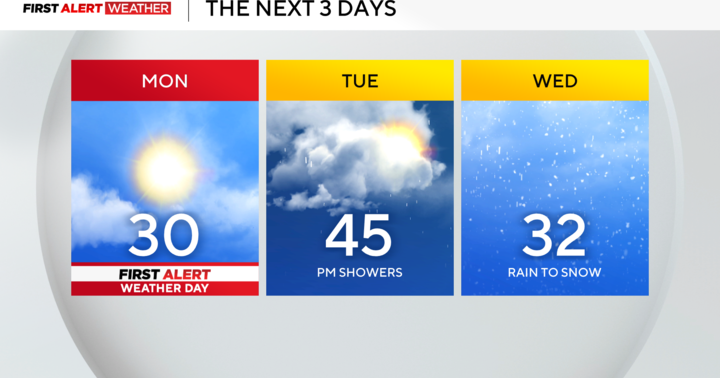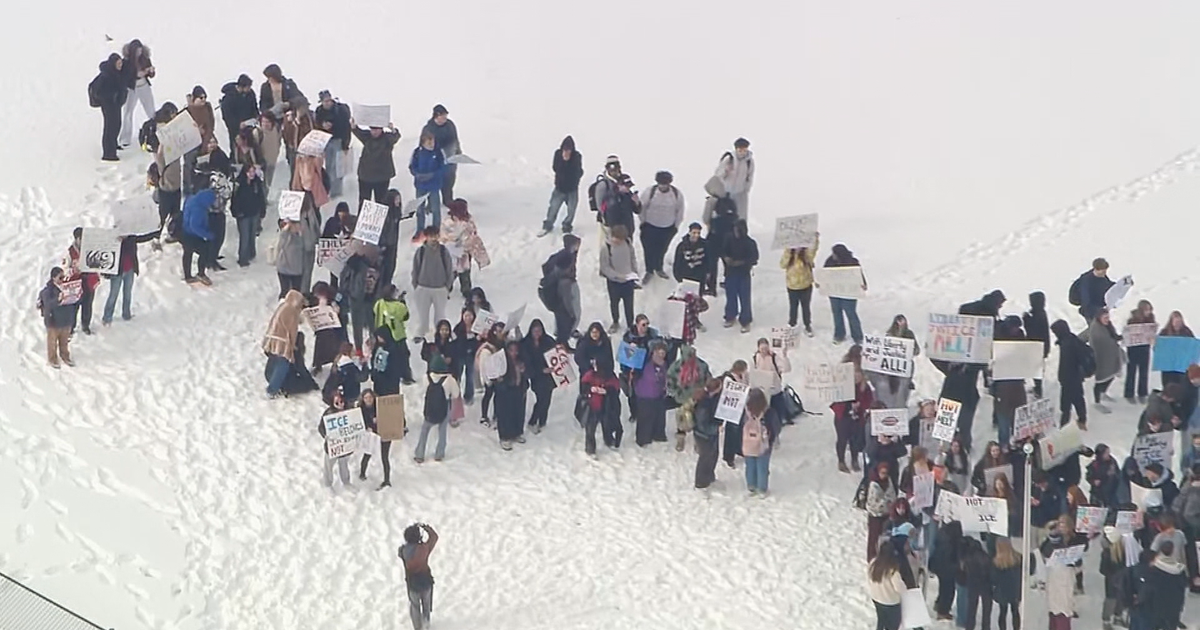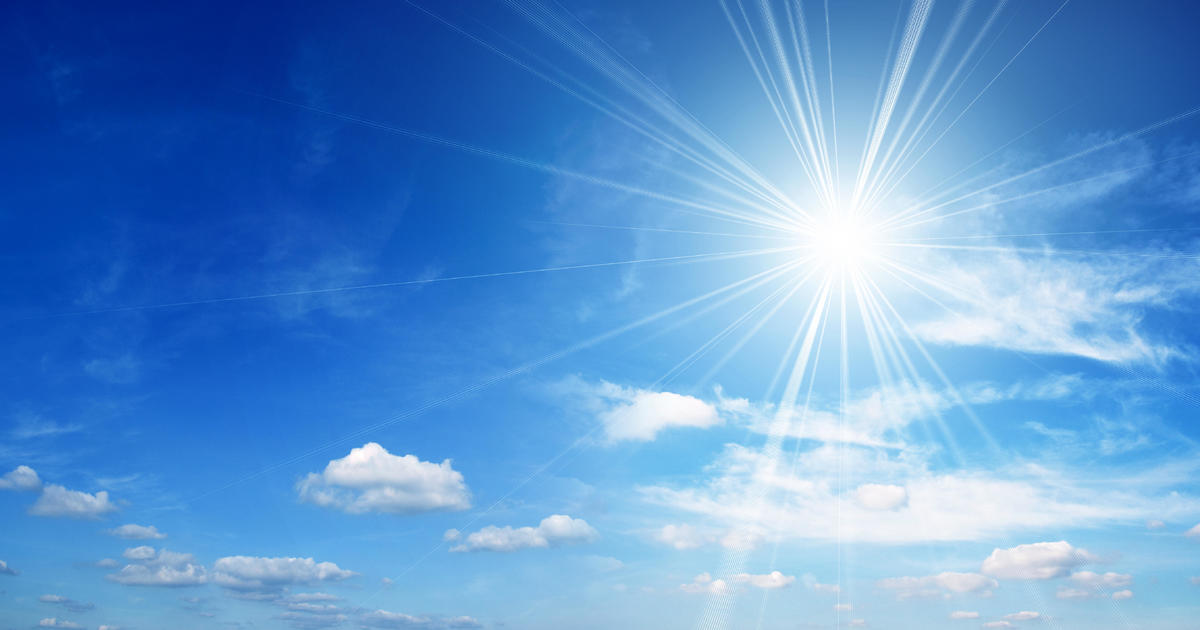Coaches and medical experts keep safety at the forefront amid a changing climate
PITTSBURGH (KDKA) — High school football players across Pennsylvania this week suited up for the first heat acclimatization practices of the season.
The temperatures they are warming up in are hotter and last longer than what their parents and coaches endured. So, how do coaches and their student-athletes adjust to a changing climate and keep everyone's health and safety at the forefront?
A changing climate and fall sports
When most people think of back to school, they think of crisp air, fall leaves and fall sports.
However, as the Earth's climate warms, summer's peak heat sticks around longer each year. And that can have an impact on student-athletes in fall sports.
"Unfortunately, there have been a number of student-athletes who have succumbed from heat. So as we're looking at the health and safety, which is our number one priority as we're getting back to football season with these students, how can we keep them safe in the heat," said Dr. Jeanne Doperak, a sports medicine specialist with UPMC.
Tim Storino, head football coach at Seton LaSalle Catholic High School, and rising sophomore Nelson Coleman said they have noticed a difference in the temperatures.
"It definitely feels a lot hotter," Storino said. "So, the temperature reading outside might be a lot different when you're walking up here and then when you get on the turf, you just start dripping."
"It's getting hotter," said Coleman. "I just want fall to come for real. But it's fine because I'm playing football right now."
On average, fall-like temperatures are coming later to Western Pennsylvania each year. Warmer days and nights are pushing the average temperature during the last week of August and the first week of September higher.
The average number of days where highs reach 85 and 90 degrees or higher in Pittsburgh has also increased.
This raises the likelihood for student-athletes to experience heat-related illnesses. During this time, Doperak said hydration is key.
"The most elite athletes often weigh themselves before and after practice," Doperak said. "And the recommendation would be for every pound lost during practice that you make up for that with at least 16 ounces of fluid, water or perhaps any electrolyte beverage of your choice."
"Ultimately, the red flag, the thing that triggers us that this is a medical emergency would be a mental status change, when you start to get too confused or when you feel like you're going to pass out," Doperak said.
And the adults in charge are keeping an eye on the temperatures and the players.
"If there needs to be something cut out, then we'll make we'll make do with it," Storino said.
Contributor: KDKA-TV Producer Tory Wegerski
